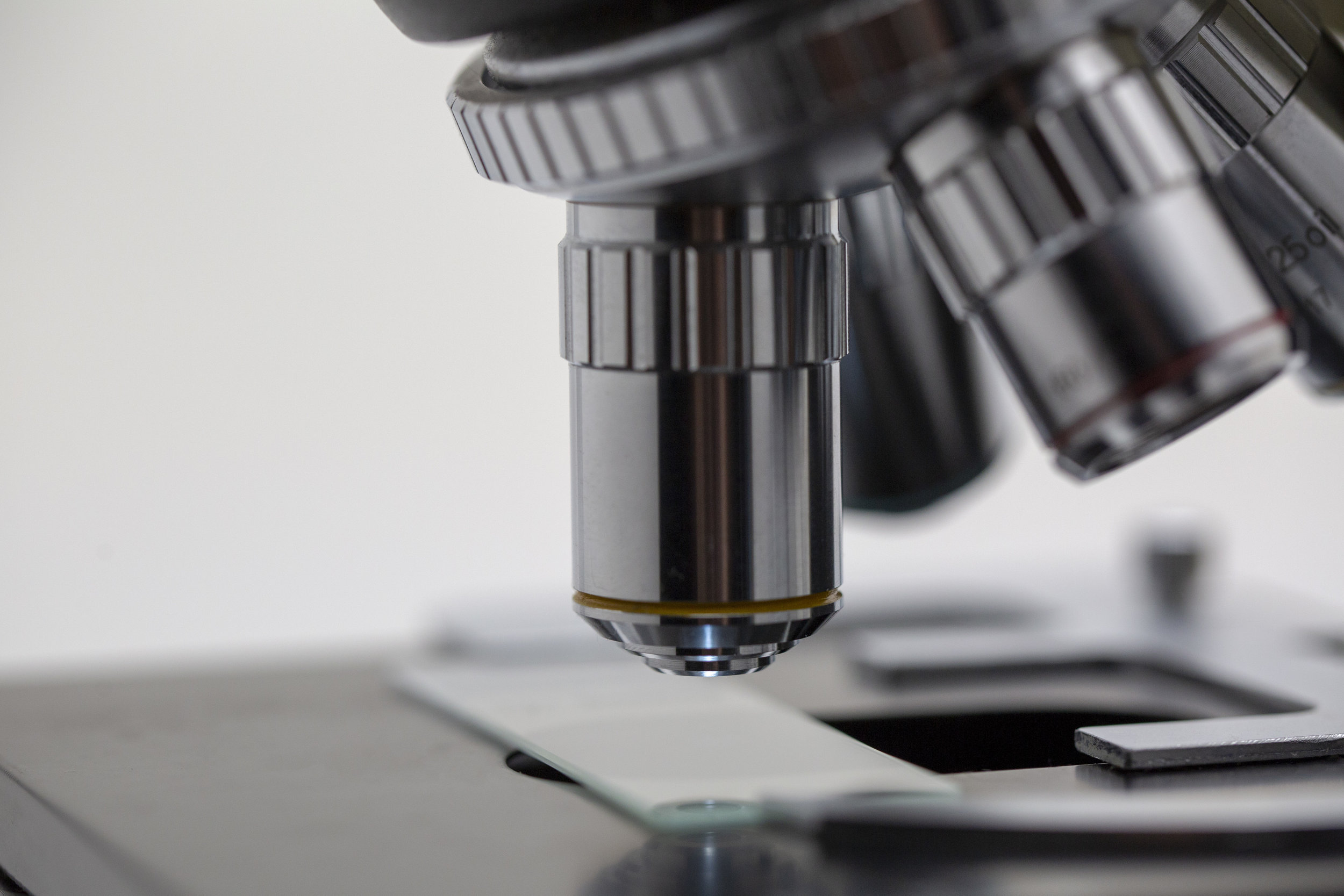
There has never been a time in your life when you’ve been more inflamed with less energy…
If you are over the age of 35, you are most likely in perimenopause and suffering from inflammation.
Inflammation can be present anywhere in the body and the brain. This inflammation can cause pain, fogginess, puffiness, depressed or anxious mood, itchy skin, and a whole range of gut issues. It can disrupt our circadian rhythm, impair our sleep, damage our microbiome – the list goes on.
Progesterone is anti-inflammatory. It reduces inflammation in our body and brain.
Progesterone also acts as a natural antidepressant: it enhances mood and relieves anxiety. It has a calming effect on the brain. It stimulates the brain’s GABA receptors; the feel-good, calming neurotransmitters.
Progesterone also normalises our immune function, builds bones, protects the heart, increases our metabolic rate and promotes sleep.
So it’s no surprise then that after the age of 35, when progesterone starts to drop, we become more inflamed with less energy.
Inflammation is also exacerbated by insulin resistance. Women in perimenopause are particularly prone to insulin resistance due to metabolic and hormonal changes.
We do not want to be insulin resistant.
If we are, we’re in a fat-store as opposed to a fat-burn state. Not what we need at a time when our metabolism is slowing down too…
But it does not need to be this way…
This is not only about weight, this is about not being able to access the fuel we need in order to feel energised.
And we do not want to store all of our fuel. We don’t want to store it as fat. We want to be able to access and use the fuel so we can feel the energy.
So being insulin sensitive is very important.
There are safe, effective, natural, evidence-based strategies and supplementation that we can use to reduce inflammation.
We always need to be thinking about the way we:
- Sleep
- Move
- Eat
- Think &
- Supplement
We can reduce inflammation through diet and lifestyle changes, as well as supplementation and the inclusion of body-identical progesterone.
Cooling inflammation is an essential part of a healthy perimenopause transition. If left untreated, it can lead to chronic inflammation.
Chronic inflammation makes everything harder.
In simple terms, chronic inflammation is the long-term activation of the immune system. It’s different from acute inflammation, which is short-term and helps to heal a wound or defend us from infection.
We know that chronic inflammation is the root cause of many diseases.
It also stimulates the sympathetic nervous system, which is the stress-inducing part of the nervous system. It impairs immune function.
Chronic inflammation is very bad for mood and sleep and can make periods heavier.
It can worsen insulin resistance and is a leading factor in menopausal weight gain. It can impair bowel motility, causing chronic constipation.
The list goes on and on.
Chronic Inflammation is also known as meta inflammation, short for metabolic inflammation.
Reducing inflammation helps us to Reclaim our Metabolic health, for the long-term.
Fixing the inflammation by repairing our gut and digestive system is a really good way to get started.
Using the gut as the gateway to decrease inflammation systemically in the body is extremely fast and effective.
This is because our gut is the epicentre of our health.
80% to 90% of your immune system lies in your gastrointestinal tract, as does your ability to produce feel-good hormones like serotonin.
We absolutely need to support our gut and digestive system in perimenopause. We need to nourish and strengthen our body.
We can treat inflammation with the Repair Your Gut component of our Rescuing You From The Rollercoaster of Perimenopause program, my premium Transformation program.
The fastest way to decrease inflammation in your gastrointestinal tract is by undertaking supported fasting. We teach you how to do this with ease inside our premium program.
During supported fasts, your body starts using ketones for energy. Ketones are a type of chemical that your liver produces when it breaks down fats. Ketones are extremely beneficial in perimenopause for improving brain energy, increasing nerve cell growth and reducing brain inflammation.
That’s why I also recommend our ketogenic beverages first thing in the morning during supported fasting for women in perimenopause. Keto beverage recipes are included in our premium program.
The MCT oil in the beverages can calm the brain, reduce inflammation and block a receptor in the brain that causes memory loss.
Decreasing our inflammation through supported fasting can absolutely pave the way for weight loss in perimenopause, and it helps keep our weight nice and stable.
Decreasing inflammation in the body using supplementation as a cherry on top of the supported fast can get you even greater results.
SB5B and lactoferrin are fantastic for the gut.
I also like pro-resolving mediators, PEA, high-dose turmeric, good pre- and pro-biotics, and the list goes on and on. This is where individualised medicine shines.
Magnesium is wonderful for decreasing inflammation and as a precursor to progesterone production in perimenopause.
Quercetin, a plant pigment, is absolutely brilliant for perimenopausal allergies. In perimenopause, it really can feel like we’re allergic to everything. Vitamin B6 can also be extremely helpful here.
Selenium is a powerful mineral that is essential for the proper functioning of your body and plays a critical role in metabolism and thyroid function. It can reduce inflammation and oxidative stress in the thyroid gland, which can be so important in perimenopause where we often see thyropause (tired thyroid & slow metabolism) or hypothyroidism (an underactive thyroid).
Another really good idea is to include vitamin D3. We don’t want to be D3 deficient in perimenopause. Vitamin D3 deficiency can cause loss of bone density, osteoporosis, and broken bones.
Vitamin D deficiency and SIBO (small intestinal bacterial overgrowth) are also underlying causes of inflammation and are considered for all patients undertaking our premium program, ensuring these issues do not hinder progress.
Our premium program also talks about the importance of sleep. Quality sleep is crucial to decreasing inflammation.
A good night’s sleep (using plant-based melatonin if need be) not only regulates our circadian rhythm, but also boosts serotonin production, our feel-good hormones. This is so important for mood.
It is also really important to reduce inflammation in order to restore the adaptability and resilience of our GABA receptors. Without GABA, nerve cells fire too often and too easily and can contribute to anxiety disorders, addiction, headaches, and cognitive impairment.
Finally, one more tip – high fructose fruit is not a great idea as it can promote insulin resistance and therefore inflammation. I highly recommend berries such as raspberries and blueberries for our fruit intake. And consider fruit a treat, not a meal.
I hope this was helpful. If you have any questions, please feel free to reach out, we love to hear your thoughts and comments.
And if there is anyone you know that would benefit from this information, we encourage you to share it with them (take a screenshot, send the link, share our Instagram account). My aim is to create a community of women who can transform from this rollercoaster of perimenopause into a beautiful, calm, peaceful, vital magic menopause.
Here is a video I recorded on Instagram that gives some more information.
The connection between inflammation and perimenopause symptoms
1. Join our Premium transformation program
2. If you don’t know where to start, do our Repair Your Gut and Increase Your Metabolism program
3. Purchase any of our resources to get you started:
4. Book a 1:1 Chaos to Calm consultation
READ LATEST
the





Share to: